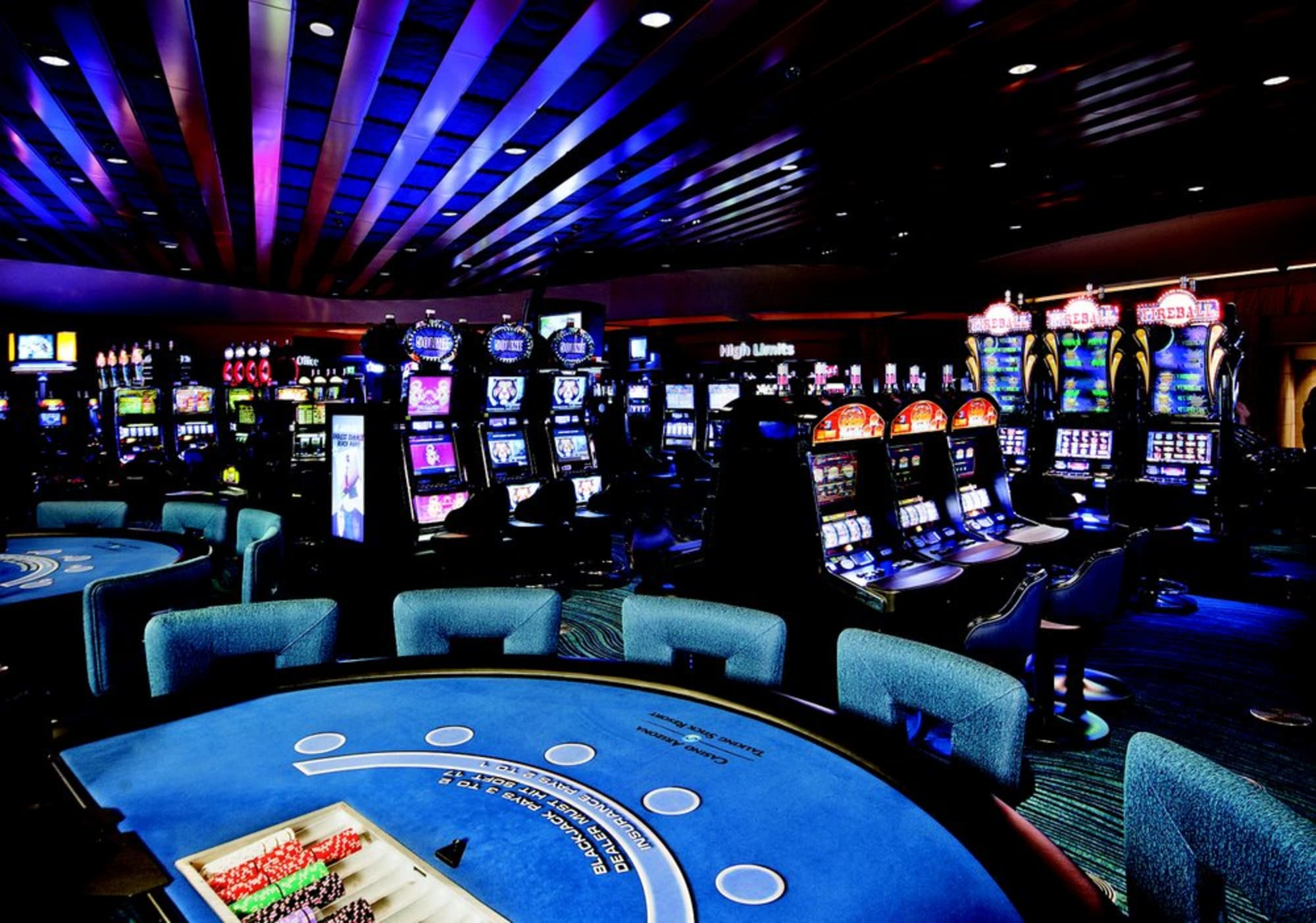In the dynamic world of casino games, few games evoke as much thrill and intrigue as the game of roulette. This timeless game, with its spinning wheel and rolling ball, has captivated players for centuries, combining the thrill of chance with the allure of tactical play. As players congregate around the cloth-draped table, the atmosphere vibrates with anticipation, each bet a balancing act between risk and gain.
Roulette stands out not only for its simplicity but also for the complexity it offers. While the result is ultimately determined by luck, experienced players know that certain tactics can influence their chances of success. Whether you are a seasoned player or a beginner drawn by the dazzling lights of the casino, understanding the nuances of roulette can improve your experience and maybe lead to rewarding outcomes. In this piece, we will delve into the mechanics of roulette, examining how luck and strategy combine to forge one of the most renowned casino games around the globe. OKE179
Comprehending Roulette
Roulette is a classic casino game that combines elements of chance and strategy, rendering it a well-liked choice among players around the globe. Originating from the seventeenth century France, it has developed into multiple versions, including U.S., European, and French roulette. Each version includes a spinning wheel with numbered pockets, where players place their bets on the possible outcomes of a ball landing in one of these pockets.

The essence of roulette lies in its ease. Players have the option to bet on a single number, a series of numbers, or hues, such as red or black. The betting layout on the table presents a variety of wagering choices, allowing participants to engage according to their risk tolerance and strategies. As the dealer spins the wheel and drops the ball, the anticipation builds, ultimately leading to an exhilarating atmosphere to the casino floor.
While roulette may look largely governed by luck, many players develop strategies to enhance their chances of winning. Some frequently used strategies include the Martingale system, where players multiply their bets after losses, and the Fibonacci strategy, which consists of betting based on the famous Fibonacci sequence. Regardless of the method chosen, understanding the rules and probabilities of the game is vital for any player who wants to make wise decisions at the roulette table.
Strategies for Victory
When gambling roulette, one of the most effective strategies is the Martingale method. This approach involves increasing your bet after every loss, which means that when you finally win, you will recover all your previous losses and gain a profit equal to your original bet. While this strategy can be enticing, it demands a substantial bankroll and comes with the chance of hitting table limits, which could prevent you from carrying on to double your bets.
Another frequent strategy is the Fibonacci approach, which is derived from the famous Fibonacci sequence. In this method, players boost their bets according to the sequence after a loss, and lower them after a win. This method allows for more organized betting, possibly lowering the risk of significant losses. While it does not guarantee a win, it can help manage your bankroll effectively and create a more structured betting environment.
Finally, the D’Alembert method offers a different strategy by adjusting your bets in incremental increments. After a loss, you raise your bet by one unit, and after a win, you decrease it by one unit. This strategy aims to equalize wins and losses over time, making it a safer alternative for players who prefer a more cautious approach. By utilizing these strategies, players can improve their gameplay and amplify the chances of winning at the roulette table.
The Significance of Chance in Gambling
Luck plays a crucial role in the nature of gambling games, particularly in games like slots where outcomes are inherently variable. Players commit their bets with the understanding that the result is determined by uncontrollable variables, such as the spin of the wheel and the bouncing ball. This chance adds an thrilling element to the experience, as each round provides a new opportunity to succeed or lose. Understanding that the game is governed by chance helps to shape player expectations and strategies.
While fortune is a significant factor, the influence of luck extends beyond mere winning and losing. It serves as a significant reminder of the inherent pitfalls involved in gambling. Players often grapple with the desire to believe that certain sequences or streaks can predict future outcomes, yet the truth is that each spin of the wheel independent. This uncertainty can lead to discontent, but it also fuels the thrill that keeps players returning to the gaming table.
Ultimately, the essence of casino games lies in striking a balance between luck and strategy. While players can use different strategies and betting systems in an attempt to gain an edge, the element of chance ensures that no approach can secure success. This dynamic relationship between ability and luck is what defines the allure of roulette, creating an environment where every player hopes to defy the odds.